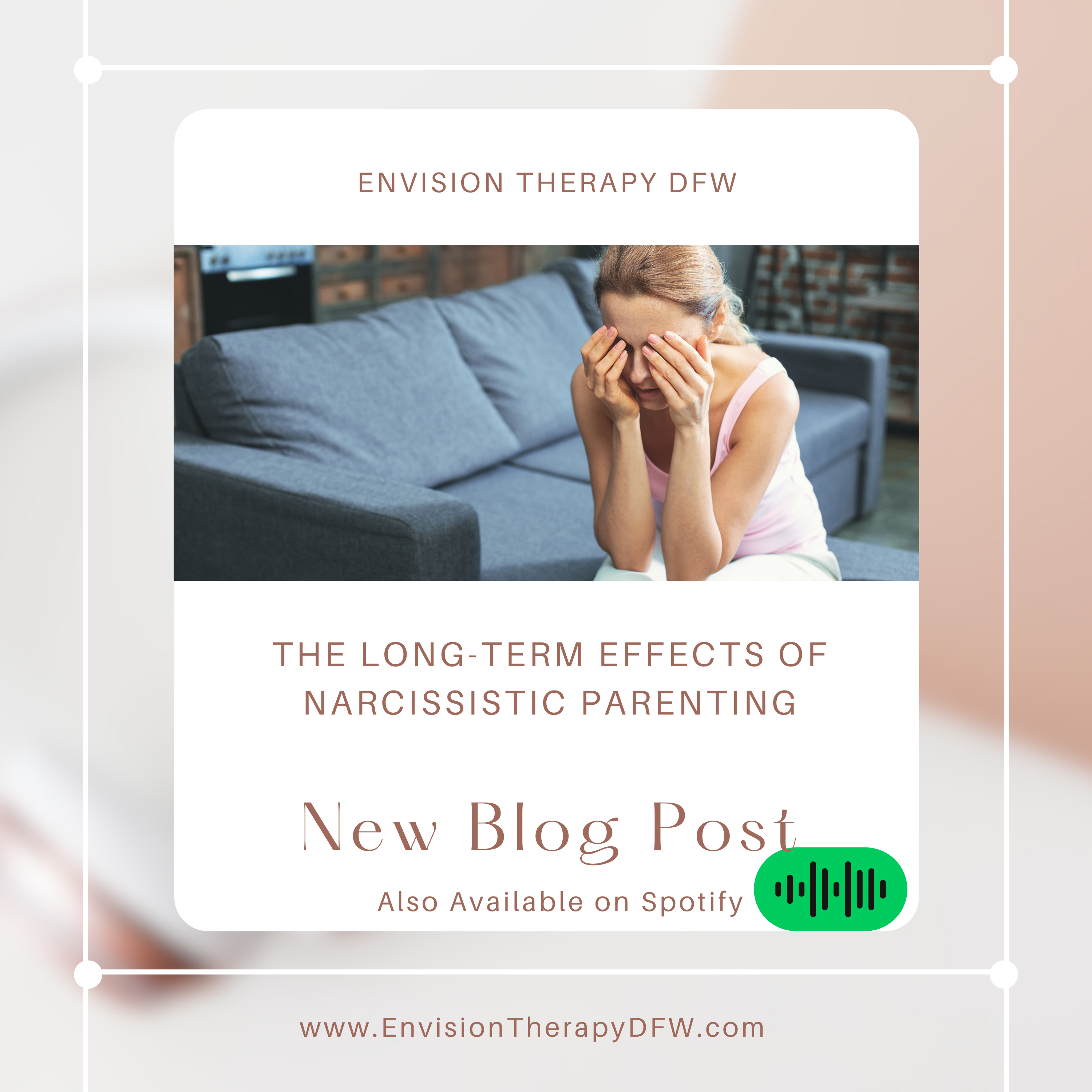Narcissistic parenting can have profound and lasting effects on adult children, shaping their emotional well-being, relationships, and overall life experiences. As survivors of narcissistic upbringing, many adults struggle with deep-seated wounds that impact various areas of their lives.
The Impact on Emotional Well-Being
Adults raised by narcissistic parents often struggle with self-worth, confidence, and emotional regulation. Growing up in an environment where their needs were consistently invalidated or exploited can lead to profound feelings of inadequacy and self-doubt.
Navigating Relationships
The impact on emotional well-being for adults raised by narcissistic parents runs deep, affecting core aspects of their self-esteem and emotional stability. Growing up in an environment characterized by constant invalidation and exploitation of their needs creates a fertile ground for profound feelings of inadequacy and self-doubt to take root.
Adult children of narcissistic parents often carry a persistent sense of unworthiness and struggle with self-confidence as a result of being conditioned to believe their needs and emotions were insignificant or manipulative. This upbringing can lead to challenges in forming healthy relationships and navigating life’s challenges with resilience.
Furthermore, emotional regulation may be a struggle for these individuals, as they were not provided with consistent emotional validation and support during critical developmental stages. As adults, they may grapple with intense emotional reactions or difficulties in expressing their feelings authentically. Recognizing these impacts is crucial to beginning the journey of healing and reclaiming a positive sense of self-worth and emotional well-being.
Career and Personal Development
Navigating relationships as an adult child of narcissistic parents presents unique challenges stemming from early experiences of invalidation and exploitation. Trusting others and setting healthy boundaries can be particularly difficult, as individuals may struggle to discern genuine intentions from manipulative behaviors.
Adult children of narcissists often find themselves in patterns of unhealthy dynamics in various relationships. They may attract individuals who replicate familiar dynamics from their upbringing, such as controlling or dismissive behaviors. This can lead to a cycle of unfulfilling relationships where their needs remain unmet.
In romantic relationships, fear of vulnerability and emotional intimacy may hinder authentic connections. Similarly, in friendships and workplace interactions, adult children of narcissists may struggle to assert themselves and express their needs openly, leading to feelings of isolation and frustration.
Recognizing these challenges is the first step toward cultivating healthier relationships. With self-awareness and support, individuals can learn to set boundaries, build trust, and foster genuine connections based on mutual respect and understanding.
Coping and Healing
Coping and healing from the wounds inflicted by narcissistic parenting is a courageous journey toward reclaiming one’s sense of self-worth and emotional well-being. While the impact of narcissistic upbringing can be profound, it’s essential to recognize that healing is possible through intentional steps and support.
Self-awareness plays a pivotal role in this process, allowing individuals to identify and understand the patterns of behavior and thought shaped by their upbringing. Therapy provides a safe space to process and heal from past trauma, empowering individuals to develop healthier coping mechanisms and build resilience.
Engaging with supportive communities or seeking out like-minded individuals can also be transformative. Connecting with others who have experienced similar challenges can offer validation, understanding, and shared strategies for healing.
Through self-reflection, therapy, and community support, adults raised by narcissistic parents can embark on a journey of self-discovery and healing, ultimately breaking free from the cycle of emotional abuse and embracing a life of empowerment and authenticity.
Learn how narcissistic parenting affects adulthood and discover strategies for healing from childhood trauma. Join us in breaking the cycle of emotional abuse. Check out the bios of Tessa, Jaci, Shuqueta and Elizabeth.
TLDR: The long-term effects of narcissistic parenting can deeply impact adult children’s emotional well-being, relationships, and career development. Healing from this trauma involves self-awareness, therapy, and reclaiming one’s sense of self.

